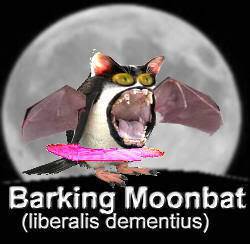JimBowie1958
Old Fogey
- Sep 25, 2011
- 63,590
- 16,753
- 2,220
- Thread starter
- #41
I think of myself as a 1965 style liberal, with a splash of libertarianism.Well, indeed, there are relatively few classic liberals laying around. Virtually all of the current energy in the party lies with the Regressive Left, so I'm very hopeful that the post-mortem on the election begins to include a mirror pretty soon.
I've seen some small signs of that, but I'm not getting my hopes up.
We can take this bitch back over if we stay focused.


